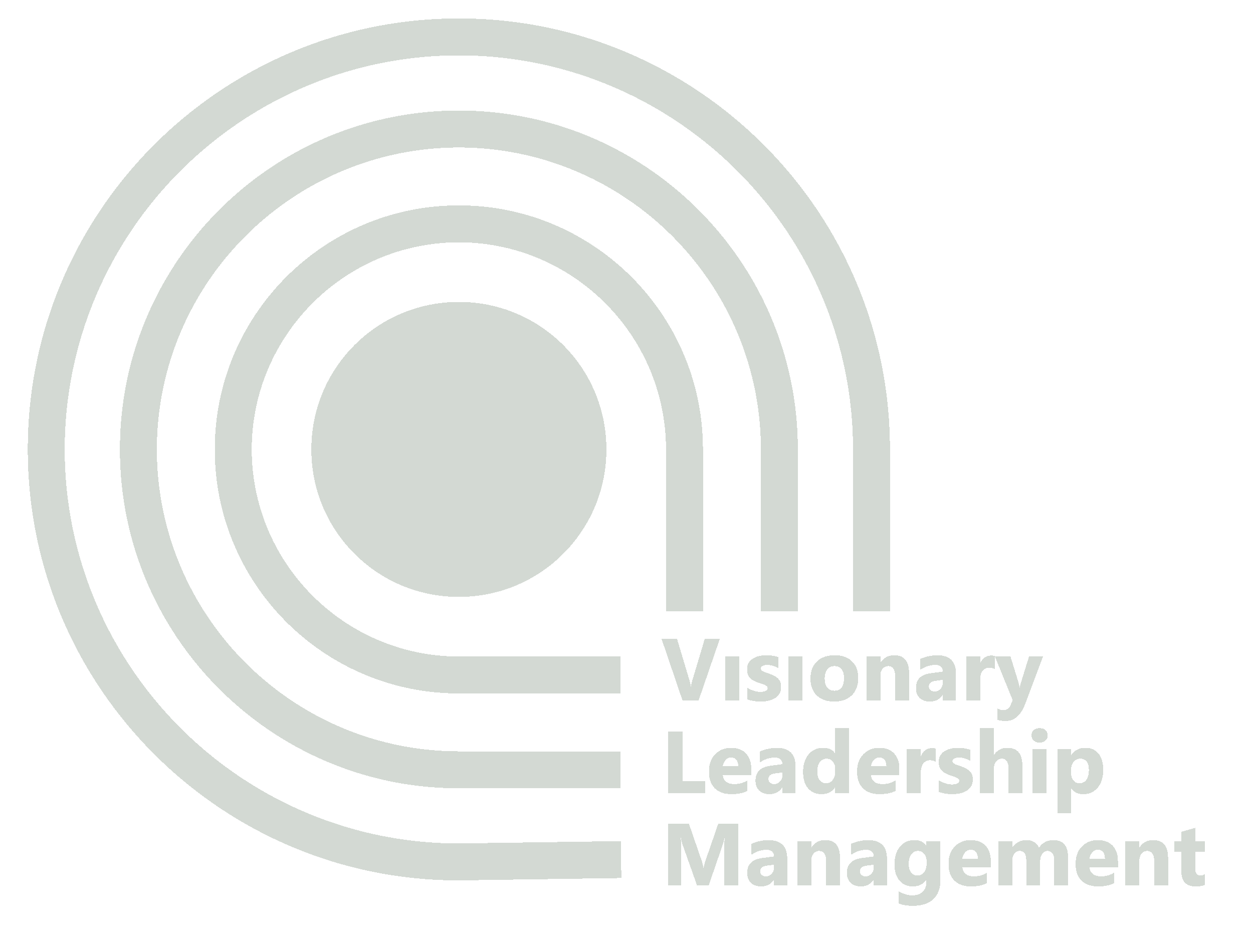Greetings, small business superheroes! Today, we’re going to talk about audits and compliance. Yeah, it sounds just a little exciting, right? Don’t sweat; we’re about to make this whole process as painless as possible with some must-know tips that’ll keep your business absolutely straight forward.
- Overview of Regulatory Compliance Requirements
First things first, what’s all the fuss about compliance? It’s kind of like the rules of the road for businesses—a way to make sure you’re playing fair and square regarding the law and regulation. This may involve managing tax laws, data protection regulations, or industry standards. Knowing these rules is in your best interest to stay away from fines and headaches down the line.
- Steps for Protecting Your Business with Compliance
Now that you have the lay of the land, let’s get practical. Run a compliance audit. Think of it as a business practice health check. Check over your policies and procedures to make sure they align with the current regulations. Train your team: best practice dictated by compliance is a team effort. Stay updated on changing law by subscribing to newsletters or following industry updates. And hey, do not be afraid to reach out to legal experts for help if you do not know where to start.
- Documentation, Record-Keeping: The Why
Now, let’s get into paperwork: Documentation and record-keeping are your best friends when it comes to audits. Maintain accurate records of your financial transactions, contracts, and any interaction with regulators. Set up a centralized system of storing documents securely—cloud storage comes quite handy in this regard. Periodically review and update your procedures for documentation. Good recordkeeping is not just for the audit; it helps one to keep that ship running tight every day.

Conclusion
Complying with laws and navigating through audits sounds like a tough task, but when seen from the right perspective, this becomes pretty simple. By grasping the need for compliance and regulatory requirements, taking proactive steps, and keeping proper documentation, you are creating a successful small business. Compliance is not all about following rules, but rather, it is what builds trust between you, the customer, and other stakeholders. Embrace the challenge, keep up with information, and watch your business thrive in a state of compliance with ethical practices. You’ve got this, small business rock star!

